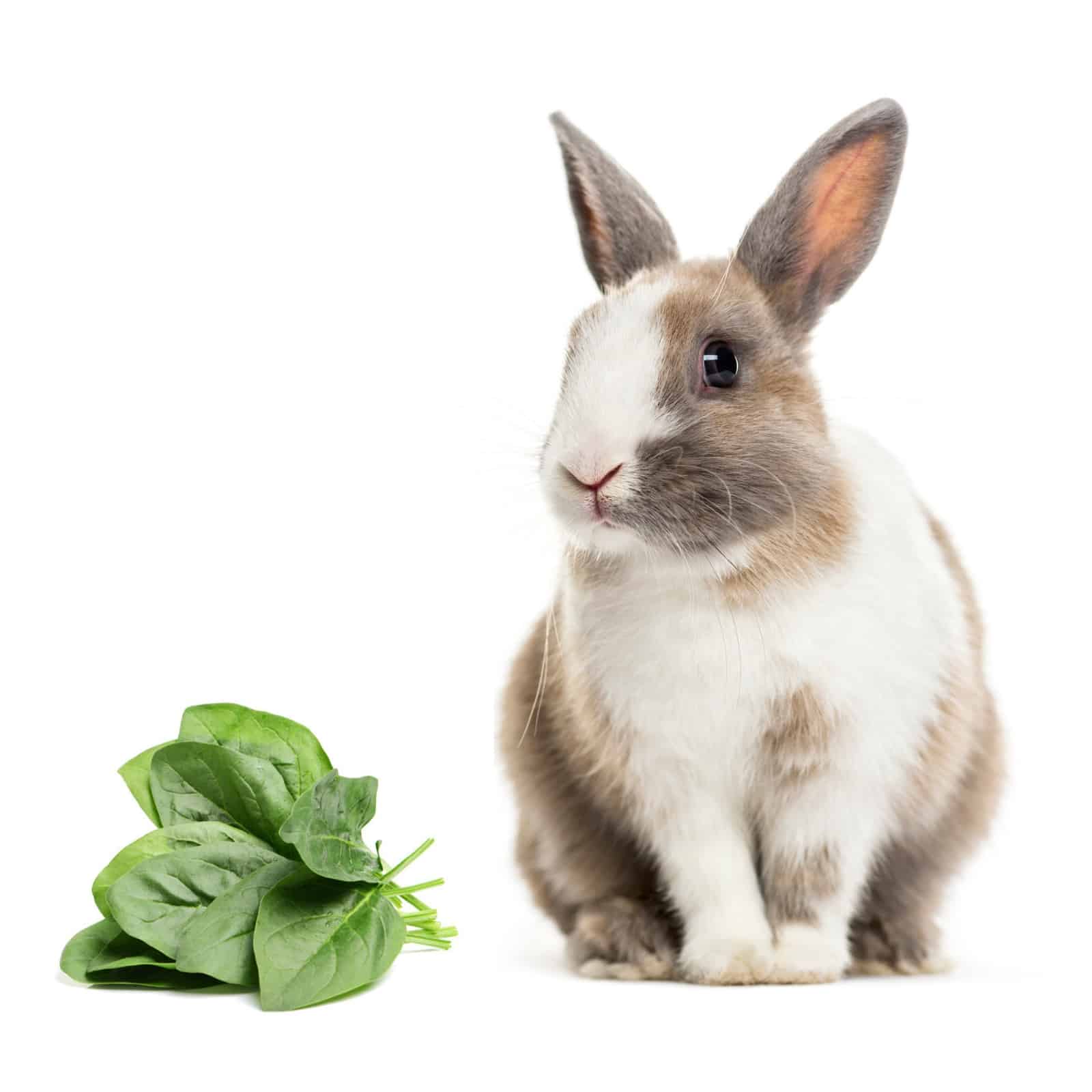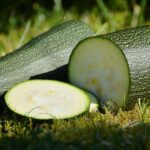Yes. Spinach is a good leafy green food for rabbits that should be fed in moderation.
Spinach is a great superfood for both you and your rabbits. But due to high oxalic acid and high calcium, we can’t provide spinach too often to rabbits.
Spinach is rich in essential nutrition for rabbits’ health. Overfeeding Spinach can lead to many health issues in rabbits.
First, you can offer them one leaf of spinach to check whether they like it or not.
Some rabbits will like to eat fresh spinach leaves. Because it has a sweet taste and crunchy texture. First, you can offer them one leaf of spinach to check whether they like it or not.
If we feed them a limited amount in moderation, there is no health risk associated with feeding spinach to rabbits. Overfeeding can lead to many health issues.
Spinach should be offered as a treat. Ideally, spinach should be fed to your rabbit two or three times per week.
Rabbits’ Health Benefits of Spinach
- Water: 91% of a spinach leaf is made up of water. This helps your pet remain hydrated and prevents weight gain.
- Vitamin A: This maintains healthy teeth and bones in your rabbit. It also keeps your pet’s skin in good condition and boosts her vision.
- Vitamin B9: Also known as folic acid, this vitamin fights against heart disease.
- Vitamin K1: This is a natural anticoagulant. It will prevent your rabbit’s blood from thickening. This will keep your pet’s internal organs working well.
- Iron: This mineral transports oxygen around the body. This prevents anemia in the blood and boosts the rabbit’s metabolism.
- Calcium: This promotes strong teeth and bones in rabbits.
- Magnesium: This is needed for a healthy heart. A deficiency of magnesium can lead to atherosclerosis. This is a built-up plaque around the heart.
Risk Of Feeding Spinach To Rabbits
The main problem with spinach is oxalic acid. Oxalates are a form of toxin. Common symptoms of excessive oxalates in rabbits include itchiness around the mouth, and difficulty urinating. It’s also possible for a rabbit to have too many vitamins.
- Excessive Vitamin A damages a rabbit’s joints.
- Excessive folic acid can negatively affect a rabbit’s nervous system.
- Excessive Vitamin K1 is toxic to a rabbit’s liver.
- Excessive calcium creates sludgy deposits in your rabbit’s body. These can crystallize and lead to urinary tract infections and affects internal organs.
Spinach also contains a large amount of Vitamin C. If a rabbit gets too much Vitamin C, they are at risk of kidney damage.
Spinach must be fresh and raw. Never feed a rabbit cooked or frozen spinach. Rabbit stomachs cannot digest cooked food. When vegetables are cooked, the fiber content is lost.
Do not feed Spinach to baby rabbits less than 12 weeks of age
Spinach should be an occasional snack. You will also need to be careful about what you pair the vegetable with.
You should also wash the spinach thoroughly before feeding it to your rabbit. This will eliminate any trace of pesticides or herbicides.






